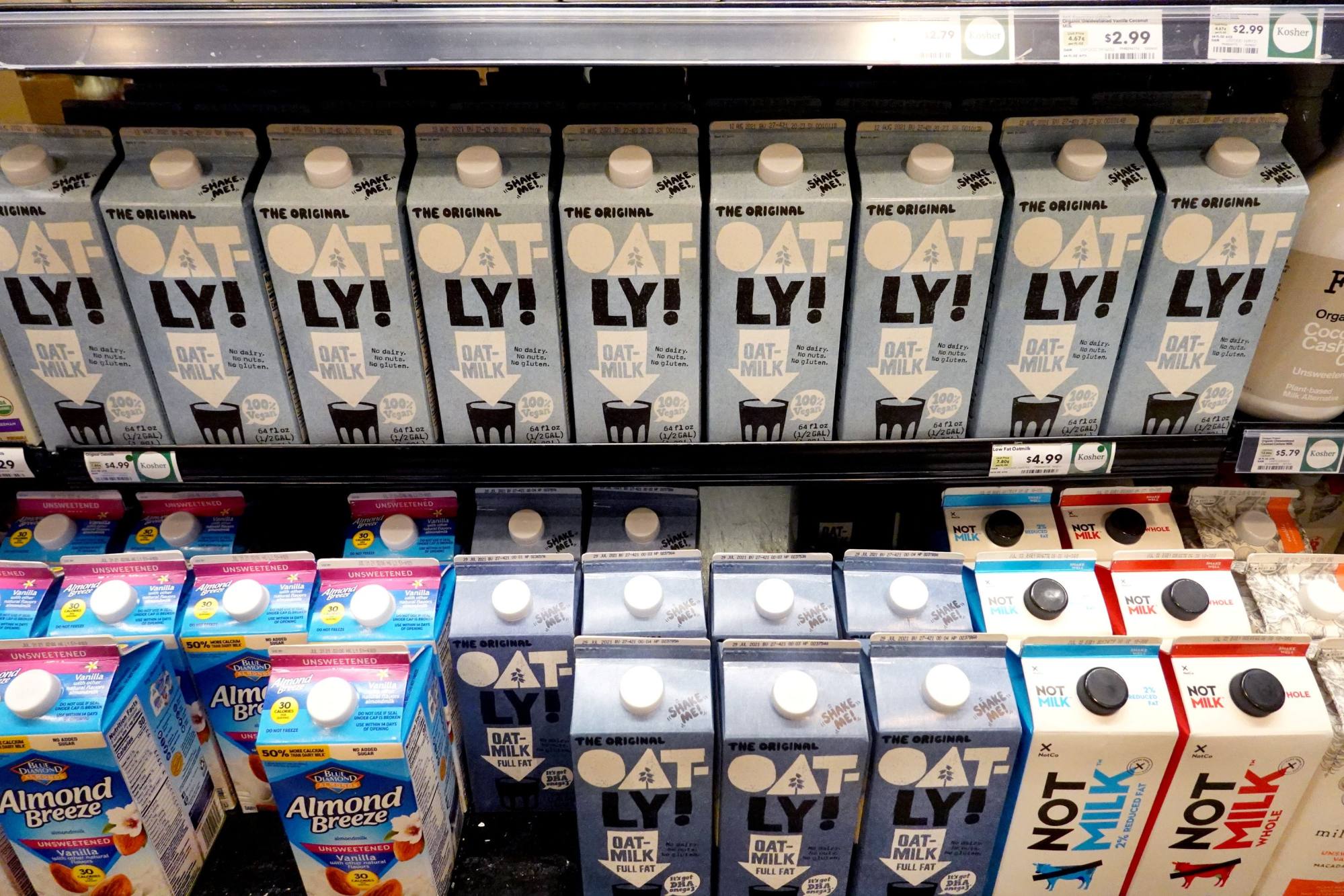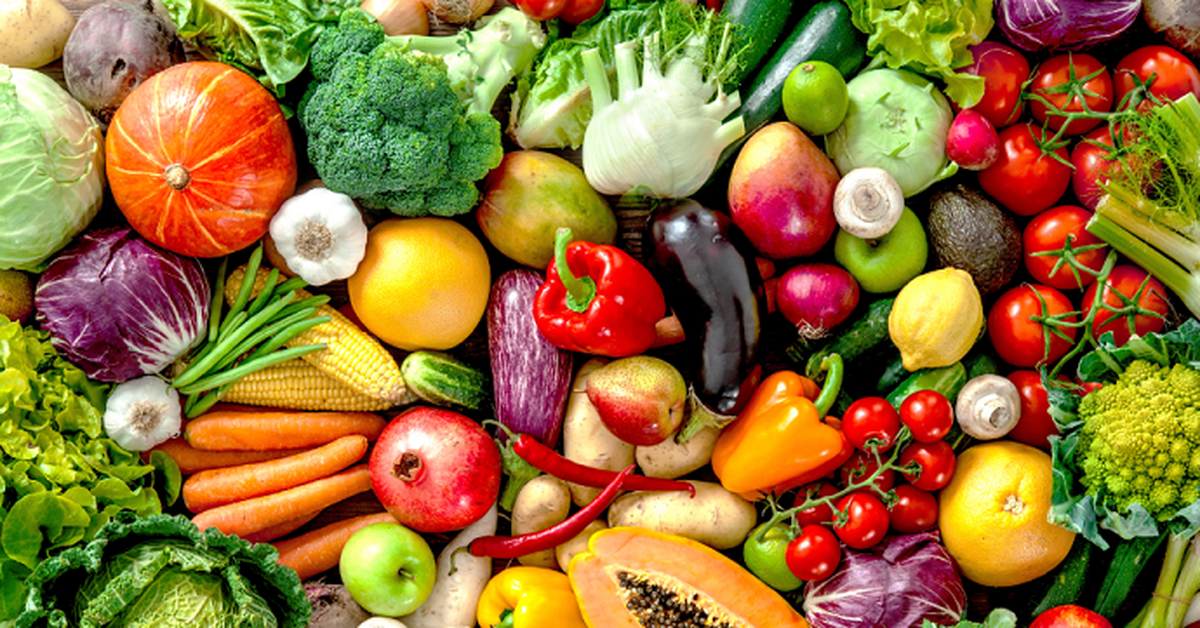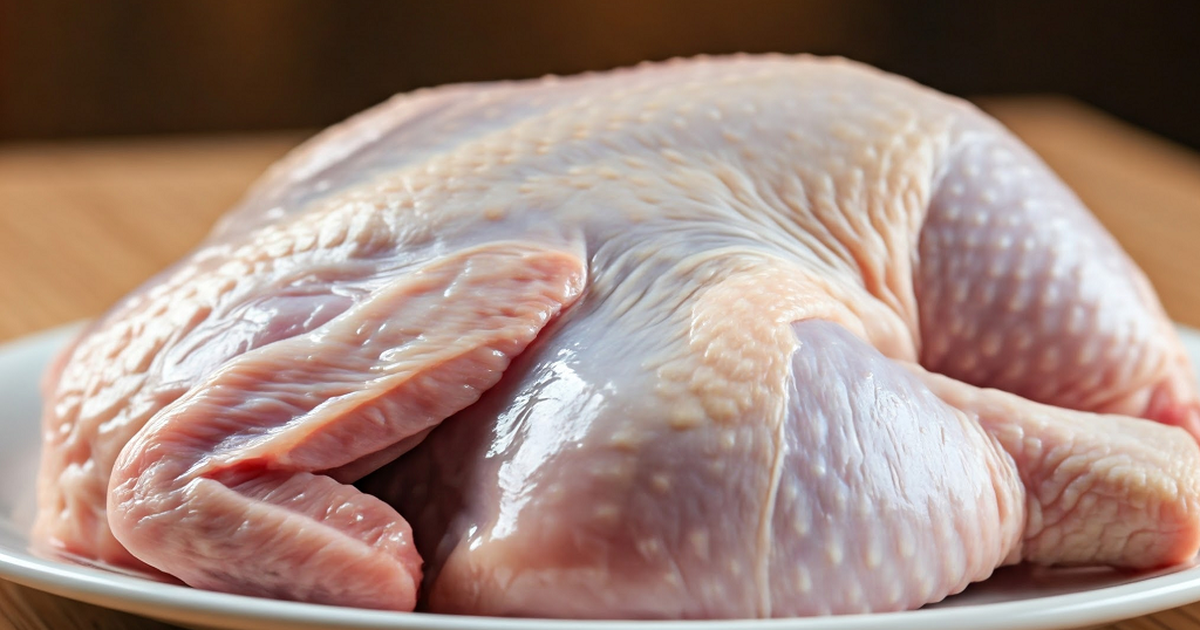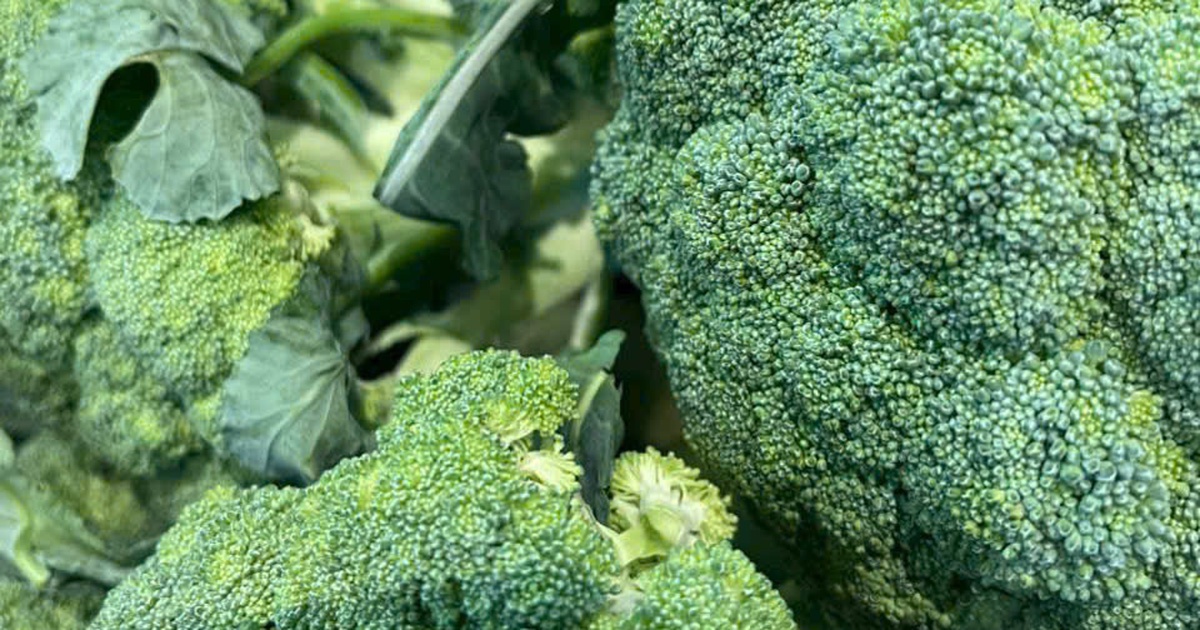Oat milk is a popular plant-based milk made by blending oats with water. It is lactose-free, suitable for vegans, and has a slightly sweet taste and creamy texture.

Oat milk - Illustration photo
Oat milk is commonly used in drinks such as lattes, cappuccinos and smoothies.
Safe for people with kidney stones
Oat milk may be a better choice than other plant milks for people with kidney stones. People with kidney stones are often advised to follow a diet low in oxalate, a substance that binds with calcium in the urine, leading to kidney stones.
If you're already at high risk for kidney stones, a diet high in oxalates may increase this risk even more.
Oat milk is much lower in oxalates than other popular plant milks like almond milk or cashew milk, making it a safer choice for those at risk of kidney stones.
Lactose free and suitable for vegetarians
Cow's milk contains a sugar called lactose, which can cause digestive problems for many people. About 30 million people in the United States are lactose intolerant. People with this condition do not produce enough of the enzyme lactase, which is needed to break down lactose so that the body can absorb it properly.
People who are lactose intolerant may experience digestive symptoms such as diarrhea and bloating after drinking milk or eating foods containing lactose. If you have this condition, you should choose lactose-free milk.
Oat milk is naturally lactose-free, making it safe for those who need to avoid dairy products.
Oat milk is free of animal sources, so it is suitable for both vegetarians and vegans.
Cow's milk is commonly used in many dishes and recipes, so oat milk or other plant-based milks are good alternatives for those following a vegetarian or vegan diet.
Provides more nutrients when fortified
Oat milk is not naturally rich in vitamins and minerals. However, many oat milk products are fortified, which means nutrients are added after processing to make the product more nutritious.
Oat milk can be fortified with nutrients like vitamin B12, vitamin D, and potassium. Fortified oat milk can be especially helpful for people on vegan diets, who are prone to calcium, B12, and vitamin D deficiencies.
Choosing fortified oat milk is a simple way to boost your vitamin and mineral intake while still following a vegan diet.
Nutritional value of oat milk
1 serving of about 180 g of unsweetened oat milk contains:
Calories: 108
Fat: 6.19 g
Carbohydrates: 11.48 g
Fiber: 1.8 g
Protein: 1.69 g
Iron: 0.59 mg
Oat milk also provides a small amount of fiber, which is important for digestive health. Fiber helps maintain regular bowel movements and promotes the growth of beneficial bacteria in the gut.
Oat milk also contains a small amount of iron, with one cup providing about 6% of the Daily Value (DV) for iron. Iron plays an important role in transporting oxygen throughout the body, supporting growth, energy and hormone production, and brain development.
Unfortified oat milk is not a good source of vitamins and minerals, except for iron. However, one cup of fortified oat milk can provide 20% or more of the Daily Value (DV) for vitamin B12, riboflavin, phosphorus, and calcium.
Calcium is essential for nerve and muscle function, hormone production, and bone health. Vitamin B12 aids in red blood cell production, brain function, and metabolism regulation. If you want to increase the amount of vitamins and minerals in your diet, choose fortified oat milk products.
Source: https://tuoitre.vn/sua-nao-an-toan-voi-nguoi-bi-soi-than-20250301221834757.htm



![[Photo] Phuc Tho mulberry season – Sweet fruit from green agriculture](https://vstatic.vietnam.vn/vietnam/resource/IMAGE/2025/4/10/1710a51d63c84a5a92de1b9b4caaf3e5)
![[Photo] Prime Minister Pham Minh Chinh chairs meeting to discuss tax solutions for Vietnam's import and export goods](https://vstatic.vietnam.vn/vietnam/resource/IMAGE/2025/4/10/19b9ed81ca2940b79fb8a0b9ccef539a)


























![[Photo] Unique folk games at Chuong Village Festival](https://vstatic.vietnam.vn/vietnam/resource/IMAGE/2025/4/10/cff805a06fdd443b9474c017f98075a4)





















































![[Photo] Taking advantage of every sunny hour, asphalting the road through the old forest of Y Ty](https://vstatic.vietnam.vn/vietnam/resource/IMAGE/2025/4/11/c11987f152014781abe6aad9e09fb401)











Comment (0)